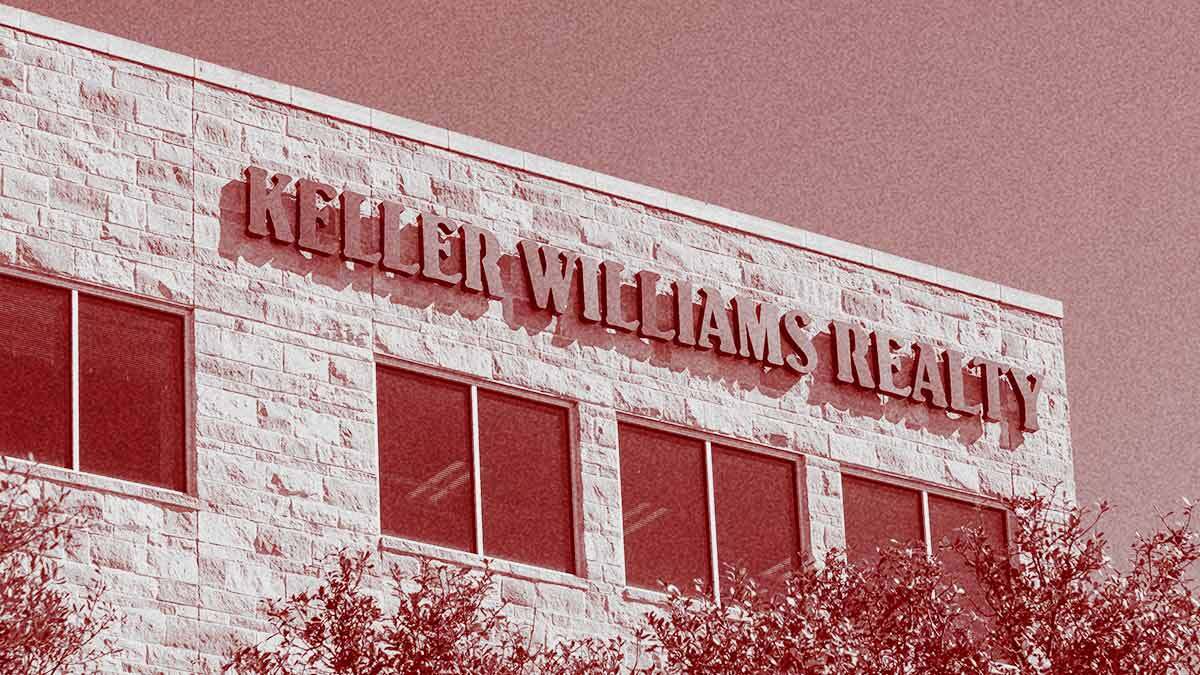Calls to “tax the rich” have become a rallying cry in recent years.
The volume of the calls depends on consumer confidence and whether recent market fluctuations are causing Americans to reflect on their financial situations.
Learn More: 7 Tax Loopholes the Rich Use To Pay Less and Build More Wealth
Try This: 6 Hybrid Vehicles To Stay Away From in Retirement
Advertisement: High Yield Savings Offers
Powered by Money.com - Yahoo may earn commission from the links above.
Could higher taxes on the wealthy translate into better services, lower costs or fairer economic outcomes for the middle class, or is it a political distraction from more direct solutions?
Here are three ways taxing the rich would help the middle class and two ways it wouldn’t.
Also, find out who really pays more in taxes — billionaires or the middle class.
Social Security is a critical source of income for millions of retirees. However, the trust fund is expected to run low within the decade.
In addition, President Donald Trump proposes eliminating federal taxes on Social Security benefits, which experts say could accelerate the depletion of the fund.
“Significantly raising the cap on how much earnings are subject to Social Security taxes would shore up Social Security,” said Annette Nellen, a tax professor at San Jose State University.
The IRS does not collect Social Security taxes on income over a certain cap — $168,600 in 2024 and $176,100 in 2025.
“Likely raising this to even $500,000 would be helpful,” Nellen said.
Read More: Who Would Benefit the Most from Trump’s Social Security Tax Plan
Economic researchers at the Peterson Foundation found that a 1% wealth tax imposed on all assets — and properly enforced — would raise an additional $94 billion.
The additional revenue could be used to address after-tax income inequality and the wealth gap in the United States.
“High levels of inequality are associated with negative social and economic consequences, such as a loss of confidence in institutions, weaker social cohesion and slower economic growth,” Peterson Foundation experts wrote.
The Peterson Foundation report stated, “Revenues raised through a wealth tax could fund programs that invest in a more inclusive economy and benefit lower-income Americans, effectively evening the playing field and giving a boost to those in need.”
Using Federal Reserve data, Peterson Foundation researchers found, “the wealthiest 10% of households saw their share of the nation’s total wealth grow from 61% at the end of 1990 to 67% in 2024.”
At the same time, “the middle 40% and bottom 50% both saw their share of wealth decrease,” according to the Peterson Foundation report.
.png)
 German (DE)
German (DE)  English (US)
English (US)  Spanish (ES)
Spanish (ES)  French (FR)
French (FR)  Hindi (IN)
Hindi (IN)  Italian (IT)
Italian (IT)  Russian (RU)
Russian (RU) 








Comments